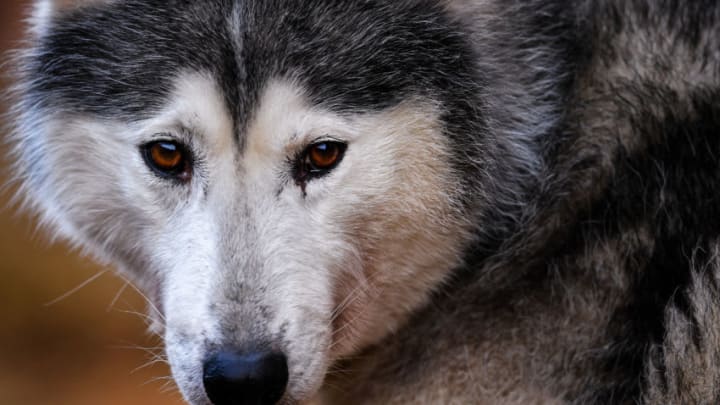There are a lot of canine expressions when it comes to figures of speech, but sometimes it isn’t exactly clear what they mean.
Also, many canine expressions you see in print or overhear and just wonder, “Now, how did THAT get started?”
Which is where books like the 1955 work Heavens to Betsy and Other Curious Sayings, compiled and written by an elderly and somewhat fussy lexicographer named Charles Earle Funk, come in handy.
Every dog has his day
Funk says that no one really knows the origin of this English proverb, which means that everyone will have moments of greatness in some form or another. But it first was written down in 1562, and immortalized for posterity when Shakespeare included the phrase in Hamlet.
Try it on the dog
The objectionable practice of testing products on animals in laboratory settings, happily but surprisingly, isn’t where this phrase came from, which has mostly passed out of favor since the 1950s.
Though Funk mentions that it was likely royalty had dogs test foods for possible poisons for centuries, this phrase seems to come from the world of British theater in the late 1800s. It meant a test run of a new script before officially opening in London, usually in some smallish city or in a matinee performance.
Basically, “trying it on the dog” is a tech rehearsal or dress rehearsal.
Hair of the dog (that bit you)
This is essentially a tiny bit of the same alcohol you got drunk on last night to cure the hangover the next morning. Funk cites the reasoning behind this as coming from the ancient Greek medical concept of “Like curing like,” though he doesn’t specify whether it works or not.
Call off the dogs
Of the canine expressions origins, this one comes from hunting, probably after foxes, when the hunters decide to call it a day. Funk defined it more precisely as “ceasing some objectionable line of conduct, procedure, conversation, inquiry, and the like.”
It’s really only used nowadays in a sports context when describing a blowout, particularly during radio broadcasts of basketball games.
Love me, love my dog
This wasn’t actually created to be on a WeRateDogs shirt, though it seems like it could have been. Funk says it first occurred in the twelfth century in the Latin writings of St Bernard of Clairvaux, and means something along the lines of “if you love me you must put up with my faults.”
In the doghouse
American slang from the early twentieth century, it means “in trouble,” generally with your wife, who would then banish you into the backyard for your transgressions, whatever they may be.
It was brought further to life in the Hank Williams song “Move It On Over,” one of the earliest country songs to include dogs. Brad Paisley’s “Sleeping on the Foldout” covers similar territory.
Going to the dogs
Things are not going well. In fact, they’re headed towards “utter ruin, or straight to hell.”
This probably comes from the nasty scraps people would toss to their hunting dogs in the days well before the modern concept of canines as pets existed.
Raining cats and dogs
If it’s raining cats and dogs, it’s really pouring.
The satirist Jonathan Swift was the first to write this exaggeration down in his 1783 work Polite Conversation, though Funk suspected that, because Swift was a satirist who loved playing with common phraseology, this was already a cliche used throughout England by that time.
Let sleeping dogs lie
This means, essentially, “don’t stir up trouble by bringing up something unpleasant that was forgotten about.” Chaucer first used the phrase in the late 1300s, though it went more like “It is not good to wake up hounds at rest.” By the time Charles Dickens used it in David Copperfield, the phrase had been rearranged into how we know it today.
Since etymology is fun, we’ll probably have more editions of the origins and meanings of common (or once-common) canine expressions and figures of speech in the future.
